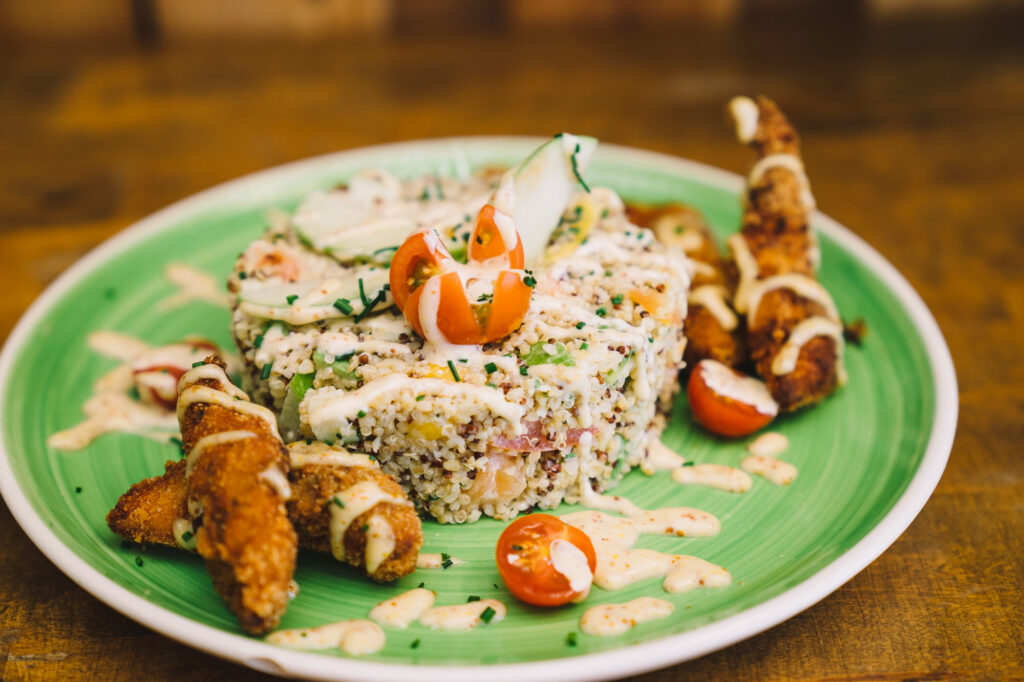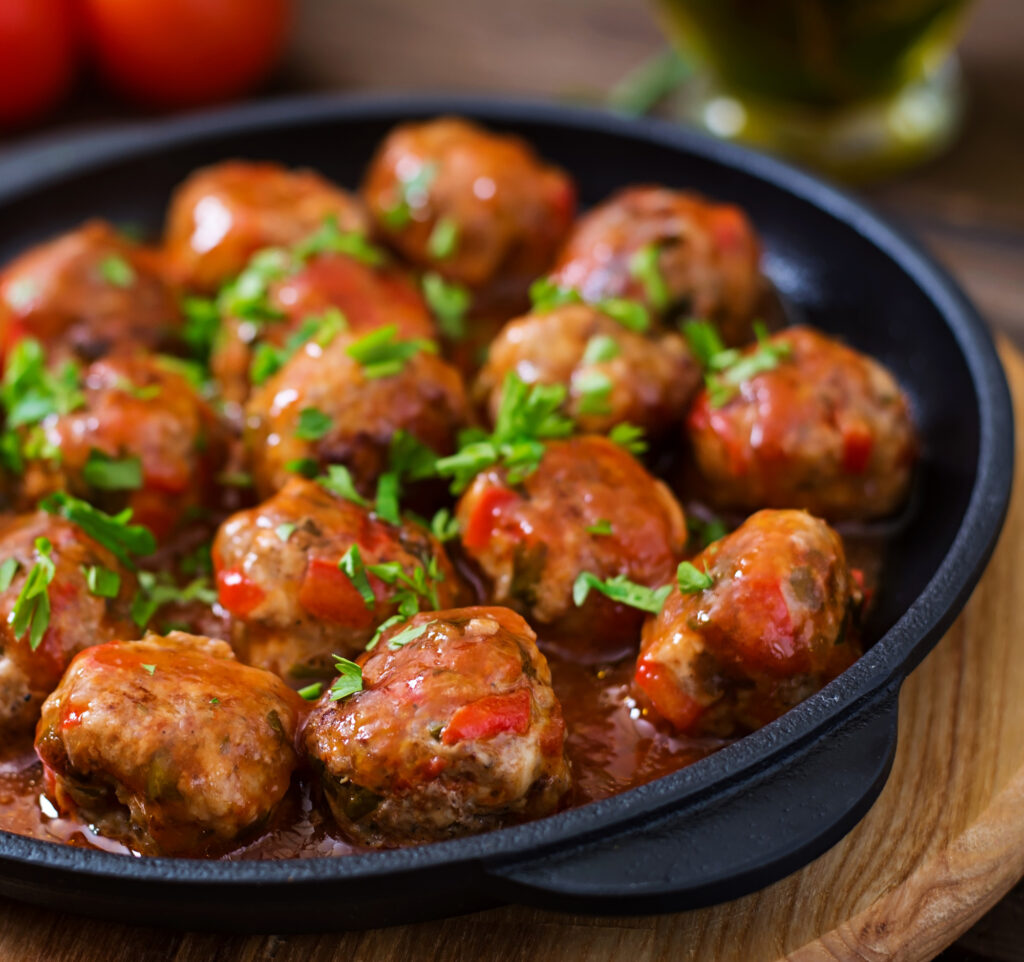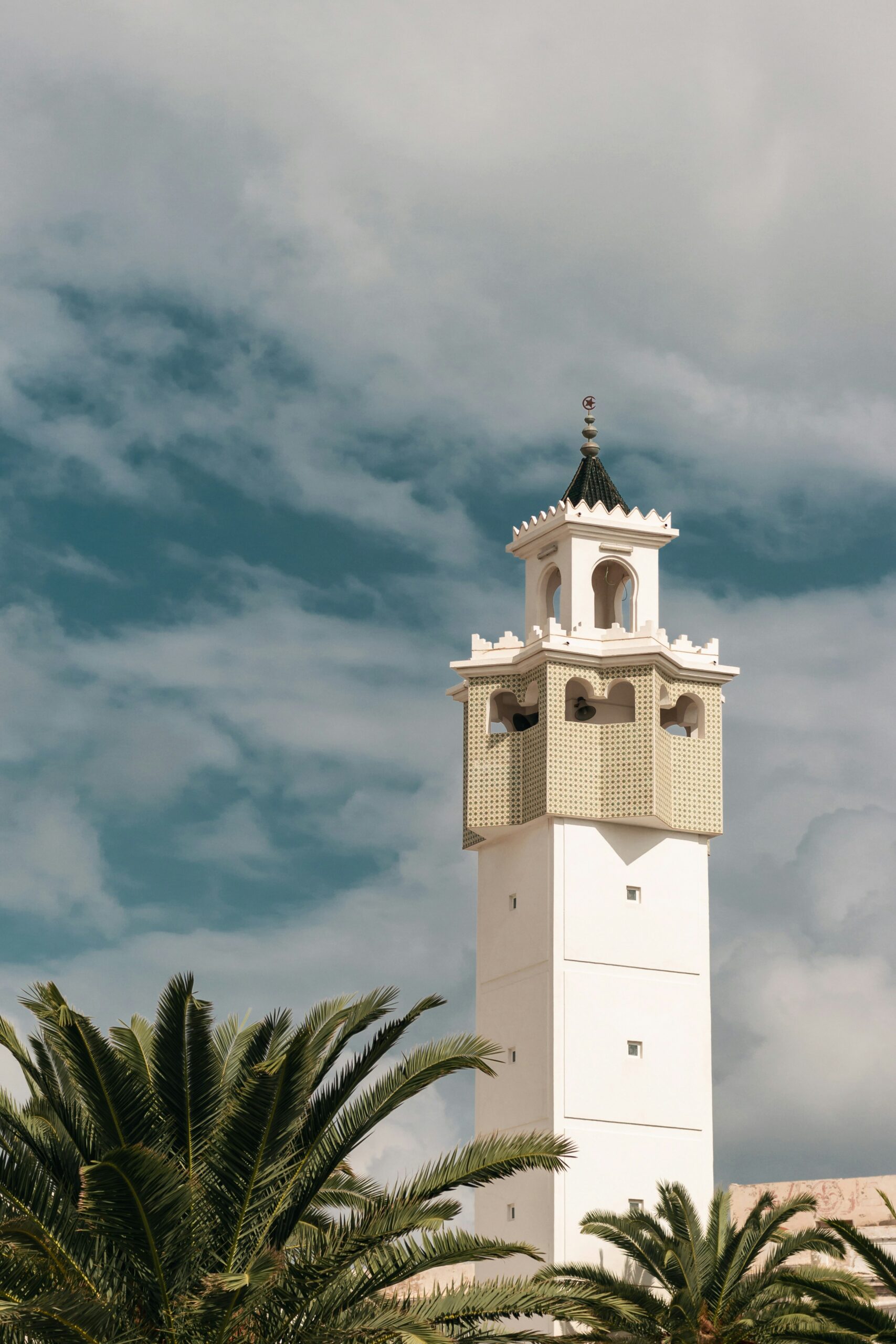History
Algeria’s history is a tapestry woven with diverse influences. It begins with the deep-rooted Berber heritage, where indigenous Berber tribes inhabited the region for millennia, leaving behind rock art, ancient settlements, and enduring cultural traditions that continue to shape Algerian identity. Over the centuries, Algeria experienced the transformative influence of various Islamic dynasties such as the Almoravids, Almohads, and Merinids, each leaving an indelible mark on the country’s architecture, art, and culture.
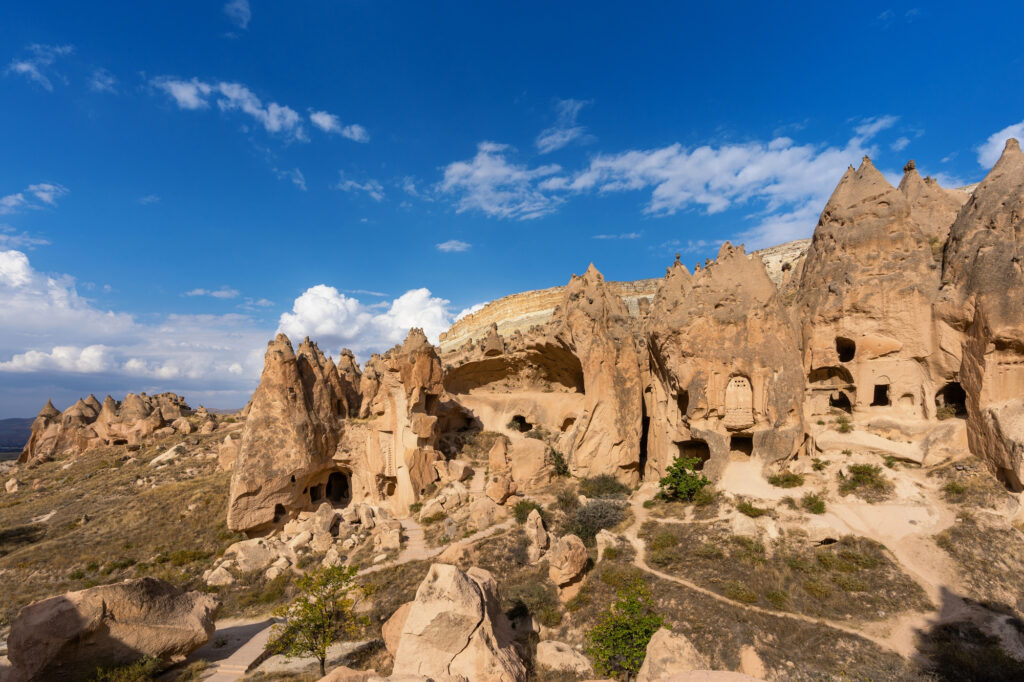
However, the course of Algerian history was altered dramatically in the 19th century with the onset of French colonization, leading to profound social, economic, and political changes. The struggle for independence, culminating in the Algerian War of Independence from 1954 to 1962, marked a pivotal
moment that ultimately resulted in Algeria gaining its hard-won independence in 1962, shaping the nation’s modern identity and trajectory.
Tourism Places
- Algiers
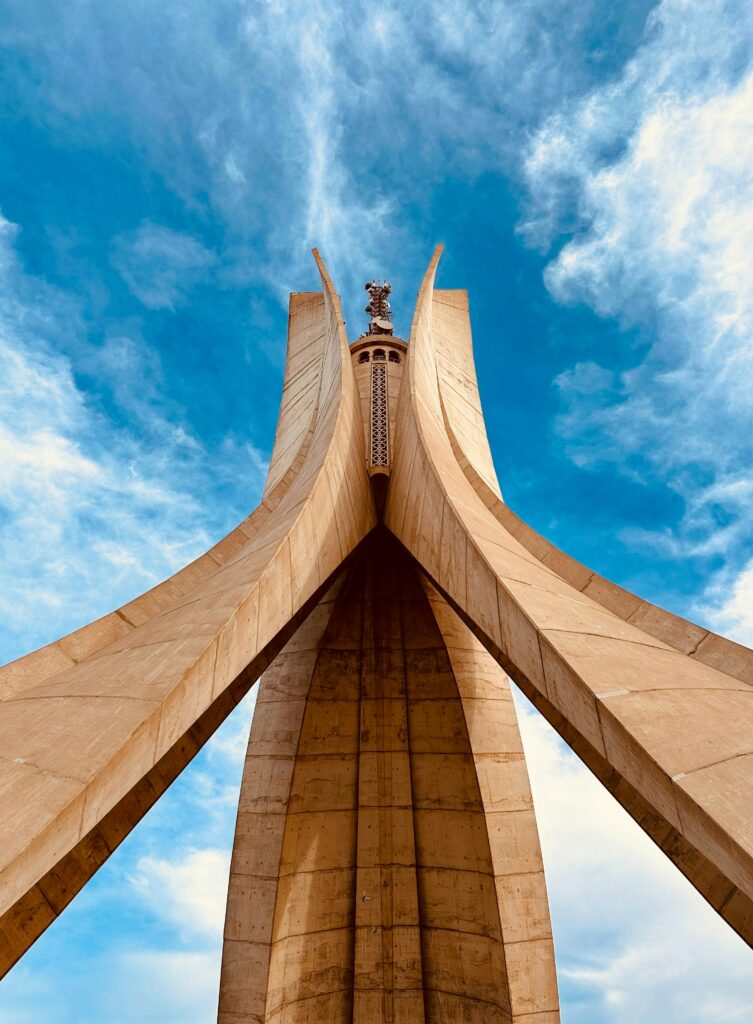
Explore the capital city of Algiers, known for its historic Casbah (old town) characterized by narrow alleys,
traditional houses, and Ottoman-era palaces. Visit the Ketchaoua Mosque, the Bardo National Museum,
and enjoy panoramic views from the Kasbah overlook.
- Tassili n’Ajjer
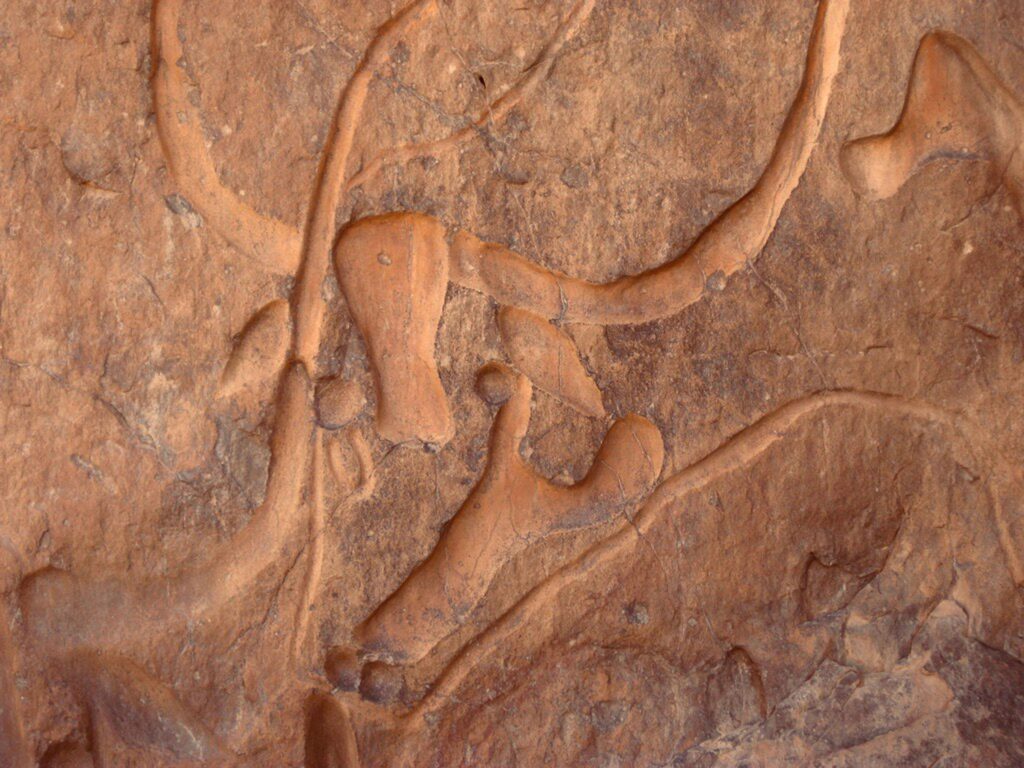
Discover the breathtaking landscapes and prehistoric rock art of the Tassili n’Ajjer National Park, a
UNESCO World Heritage Site. The park features ancient rock paintings depicting hunting scenes, wildlife,
and daily life dating back thousands of years.
- Sahara Desert

Embark on a desert adventure in southern Algeria, where you can experience the majestic sand dunes of
the Sahara. Explore desert towns like Tamanrasset and Tindouf, known for their unique culture and Berber
traditions.
- Constantine
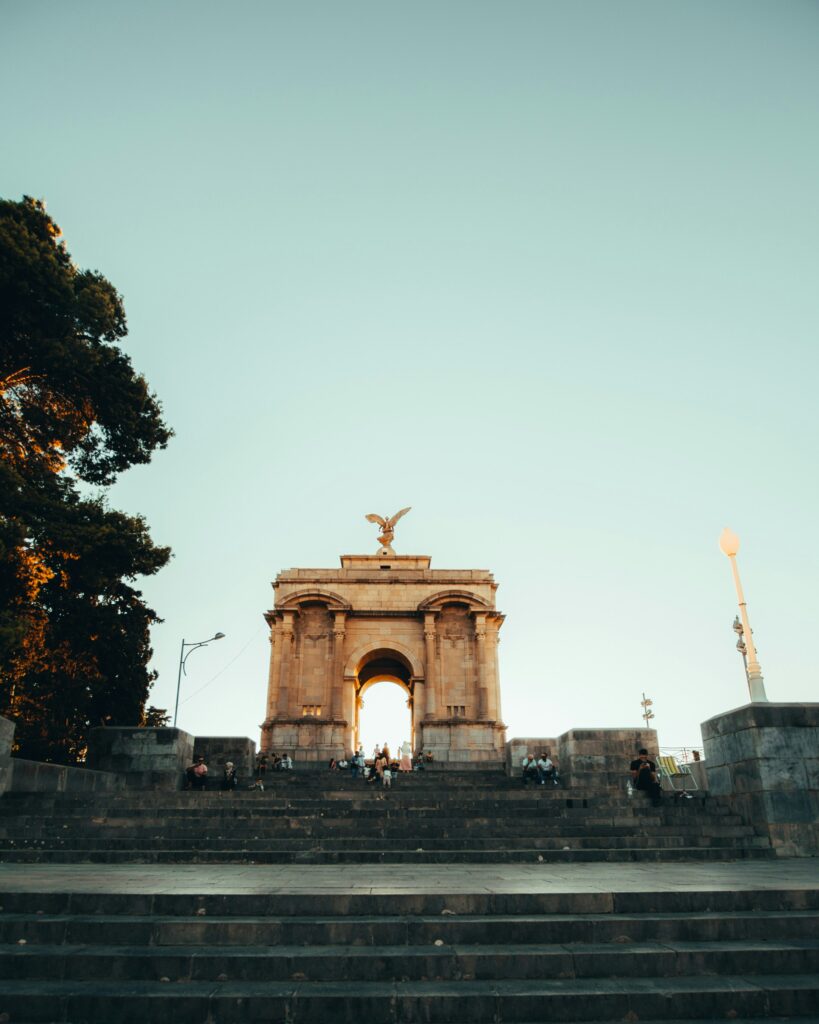
Visit the city of Constantine, often called the “City of Bridges” due to its numerous bridges spanning deep
gorges. Explore the picturesque old town, visit the Palace of Ahmed Bey, and enjoy the scenic views from
the Sidi M’Cid Bridge.
Culture
- Islamic Traditions: Islam is the predominant religion in Algeria, and Islamic customs and traditions play a significant role in daily life. Mosques serve as important centers of community life, and religious festivals such as Eid al-Fitr and Eid al-Adha are widely celebrated.
- Hospitality: Algerians are known for their warm hospitality and generosity towards guests. Traditional Algerian hospitality often involves offering guests tea or coffee accompanied by sweets or pastries, symbolizing friendship and goodwill.
- Dress Code: Traditional Algerian attire varies by region and ethnic group. In urban areas, modern Western clothing is common, while in rural areas, traditional Berber clothing like the haik (a loose robe) and the chechia (a red felt hat) may still be worn.
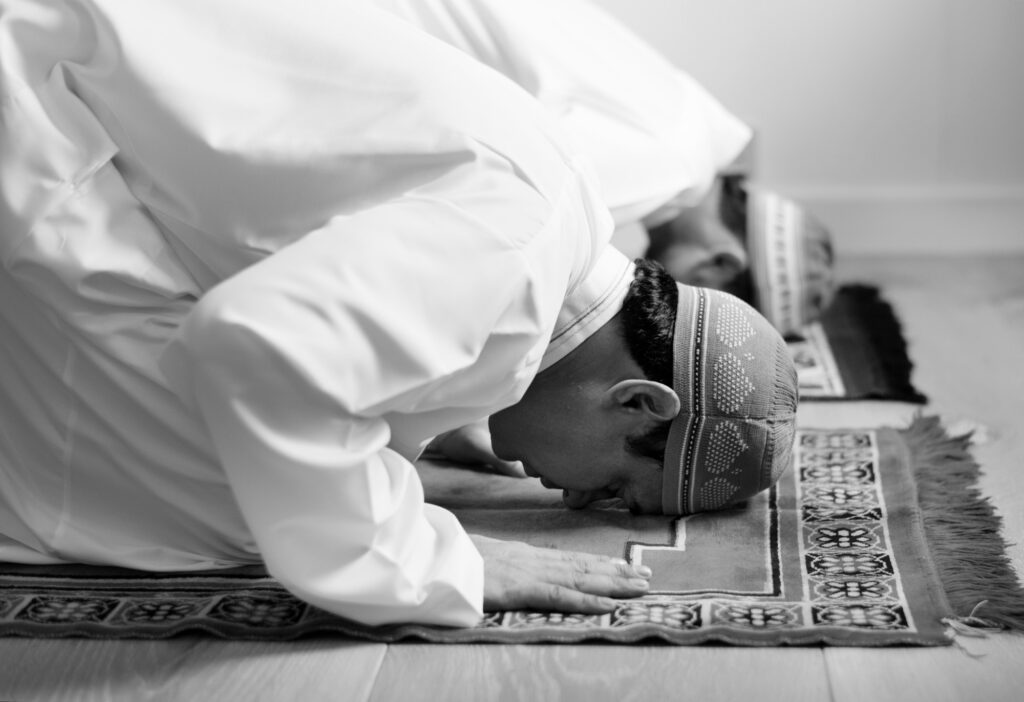
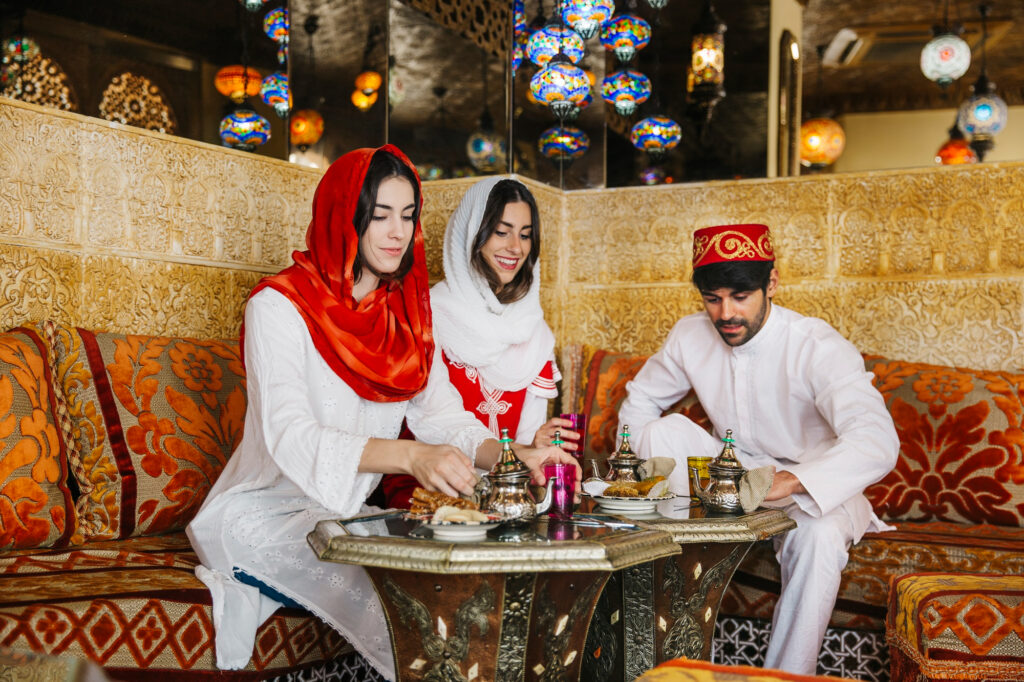

Cuisine
Algerian cuisine is diverse and flavorful, reflecting a blend of Mediterranean, Berber, and Arabic
influences. Common ingredients include couscous, lamb, poultry, olives, and spices like cumin, coriander,
and paprika. Popular dishes include
- Couscous: Steamed semolina served with vegetables and a choice of meat or poultry.
- Tagine: Slow-cooked stews made with meat or poultry, vegetables, and spices, typically served with bread.
- Chtitha Djedj (Chicken in Tomato Sauce): Chicken simmered in a rich tomato and onion sauce, seasoned with garlic and spices.
- Makroud: Semolina pastries filled with dates, fried, and dusted with powdered sugar.
